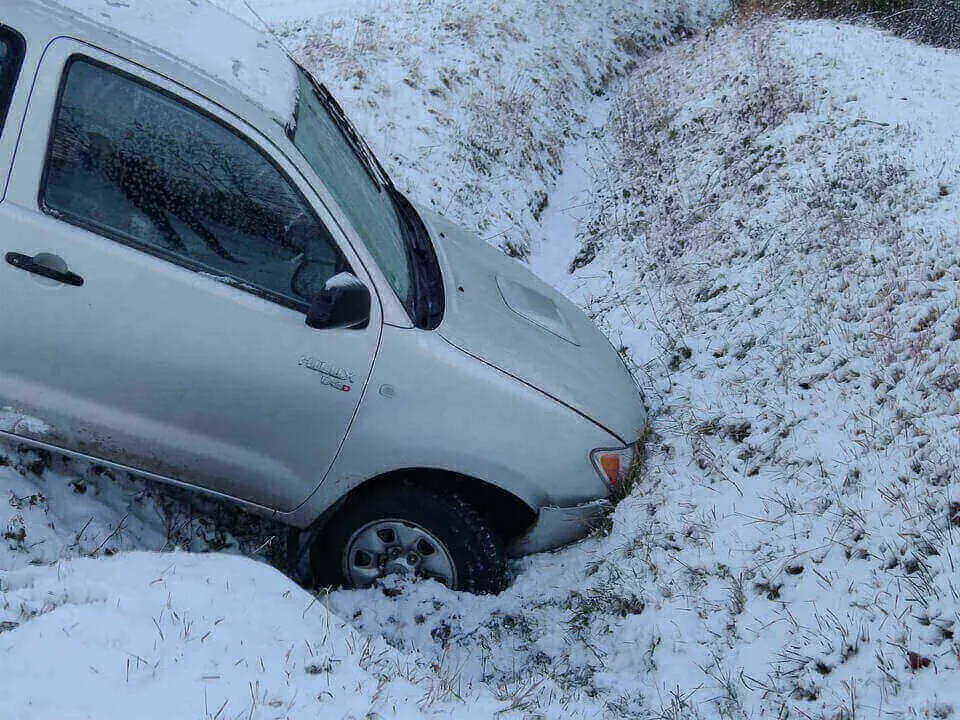Accidents can disrupt lives in an instant, leaving not only the victim but also their family members grappling with emotional, physical, and logistical challenges. Providing support to a loved one after an accident requires compassion, patience, and understanding. This article explores practical ways family members can offer support, create a healing environment, and foster resilience during this difficult time.

1. Understanding the Immediate Needs
a. Assessing Physical Needs
After an accident, a loved one may require immediate assistance with basic tasks, such as personal care, mobility, and household chores. Take the time to assess their physical needs and offer practical help, whether that means preparing meals, running errands, or assisting with rehabilitation exercises.
b. Prioritizing Medical Care
Ensure that your loved one attends all medical appointments and follows the prescribed treatment plan. Accompany them to appointments if possible, as having a supportive presence can alleviate anxiety and help them feel more secure.
2. Providing Emotional Support
a. Active Listening
Encourage open communication by being an active listener. Allow your loved one to express their feelings, fears, and frustrations without judgment. Sometimes, simply having someone to talk to can provide immense relief.
b. Acknowledging Emotions
Understand that a range of emotions, including anger, sadness, and anxiety, are common after an accident. Acknowledge these feelings and reassure your loved one that it’s okay to experience them. Validate their emotions and let them know they are not alone.
3. Creating a Safe and Comfortable Environment
a. Modifying the Living Space
Depending on the nature of the injuries, it may be necessary to modify the living space to ensure safety and accessibility. This can include removing tripping hazards, installing grab bars in bathrooms, and rearranging furniture for easier navigation.
b. Encouraging Rest and Recovery
Create a calming environment that promotes rest and recovery. Encourage your loved one to take breaks and prioritize self-care. This may include ensuring they have a comfortable space to relax, along with access to entertainment or activities they enjoy.
4. Encouraging Independence
a. Gradual Involvement
While it’s essential to offer assistance, encouraging independence is equally important. Help your loved one gradually regain their sense of autonomy by involving them in decisions related to their recovery and daily life. This can foster a sense of control and empowerment.
b. Setting Achievable Goals
Work together to set realistic, achievable goals for their recovery. Celebrate milestones, no matter how small, to boost their morale and motivation. This collaborative approach can reinforce their commitment to the healing process.
5. Navigating Practical Challenges
a. Financial Considerations
Accidents often come with unexpected financial burdens. Help your loved one assess their financial situation, including medical bills, insurance claims, and potential loss of income. Offer to assist with paperwork or seek professional advice if needed.
b. Coordinating Support Networks
Mobilize friends and family to create a support network. Organizing meal trains, transportation for medical appointments, or even a rotating schedule for companionship can help alleviate the burden on caregivers while ensuring your loved one feels surrounded by love and support.
6. Taking Care of Yourself
a. Recognizing Caregiver Burnout
Supporting a loved one after an accident can be emotionally and physically taxing. Recognize the signs of caregiver burnout, which can include fatigue, irritability, and feelings of overwhelm. Taking care of your own well-being is essential to providing effective support.
b. Seeking Support for Yourself
Don’t hesitate to reach out for support as a caregiver. This could be through counseling, support groups, or simply confiding in friends. Sharing your experiences can provide relief and help you manage stress.
7. Fostering Resilience and Hope
a. Emphasizing Positivity
While the recovery process may be challenging, fostering a positive outlook can make a significant difference. Encourage your loved one to focus on their strengths and the progress they’ve made, however small.
b. Finding Meaning in the Experience
Over time, many individuals find ways to derive meaning from their experiences, whether through personal growth, advocacy, or helping others. Encourage your loved one to explore these avenues as they navigate their recovery journey.
Conclusion
Supporting a loved one after an accident is a profound act of compassion that can make a significant difference in their recovery journey. By understanding their needs, providing emotional support, fostering independence, and taking care of your own well-being, you can create a nurturing environment that promotes healing. While the path to recovery may be long, the love and support of family can help illuminate the way, fostering resilience and hope during challenging times. Together, you can navigate the complexities of healing, emerging stronger on the other side.
